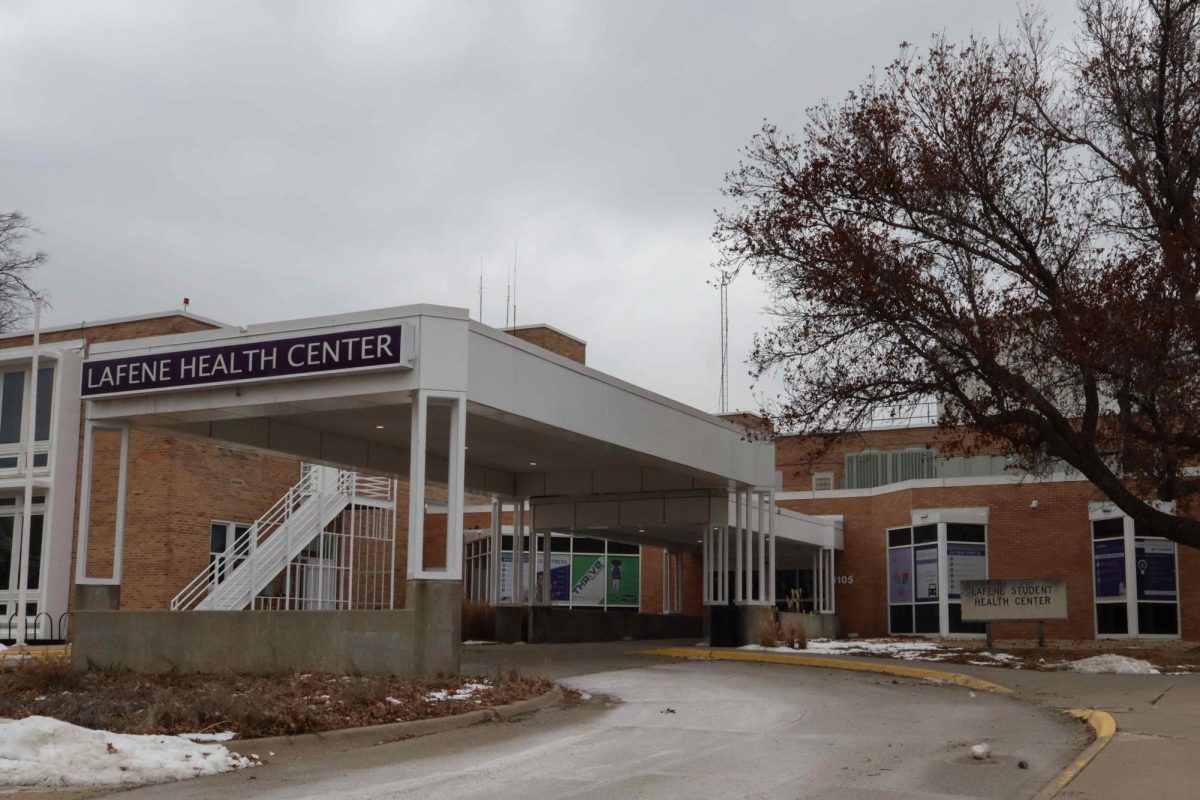![]() The healthcare industry is evolving rapidly, and with this evolution comes a heightened demand for specialized medical professionals. NPs are at the forefront of this change, offering patients a blend of nursing and healthcare services. These advanced-practice registered nurses are equipped with the skills to provide comprehensive care and treatment, bridging the gap between doctors and nurses. Pursuing a degree to become an NP can lead to a rewarding career with substantial benefits. In this article, we’ll examine the multifaceted advantages of earning an NP degree.
The healthcare industry is evolving rapidly, and with this evolution comes a heightened demand for specialized medical professionals. NPs are at the forefront of this change, offering patients a blend of nursing and healthcare services. These advanced-practice registered nurses are equipped with the skills to provide comprehensive care and treatment, bridging the gap between doctors and nurses. Pursuing a degree to become an NP can lead to a rewarding career with substantial benefits. In this article, we’ll examine the multifaceted advantages of earning an NP degree.
Exploring the Rising Demand for NPs in Healthcare
As the healthcare system continues to grapple with challenges such as an aging population and physician shortages, NPs have become vital to ensuring patient care doesn’t suffer. Their advanced training allows them to perform many tasks traditionally undertaken by doctors, from diagnosing conditions to prescribing medications. This versatility is drawing more healthcare providers to expand their teams with NPs.
The demand for NPs is surging across various settings, including hospitals, clinics, and private practices. This increase can also be attributed to a push for more cost-effective healthcare solutions. NPs are known to provide high-quality care that is often more accessible and affordable than that of physicians, without compromising patient outcomes.
The impact of educational advancements cannot be overlooked, as many aspiring NPs are now able to participate in nursing practitioner online programs. These programs offer flexibility and accessibility, making it easier for registered nurses (RNs) to advance their careers while continuing to work. The growth in the number of these programs testifies to the increasing recognition of the role NPs play in healthcare.
Opportunities for Specialization: Expanding Your Nursing Expertise
The NP profession offers diverse pathways for specialization, attracting nurses with a variety of interests and expertise. Specialties such as family care, pediatrics, gerontology, psychiatric-mental health, and women’s health empower NPs to focus on areas they are passionate about. Each specialty comes with its unique challenges and rewards, contributing to the overall enrichment of the healthcare profession.
Specializing allows NPs to become experts in their chosen fields, fostering a deep understanding of the specific healthcare needs of their patient populations. This expertise is crucial in managing complex health conditions and providing targeted care. Specializations can also open doors to academic roles, such as teaching and mentoring future generations of NPs.
The Financial Advantages of Advancing to an NP Role
![]()
One of the tangible benefits of becoming an NP is the potential for financial advancement. The increased level of responsibility and specialized skill set of NPs typically results in higher salaries compared to RNs. This monetary incentive reflects the significant role NPs play within the healthcare team, and it acknowledges the comprehensive nature of their education and training.
With the growing need for healthcare services, particularly primary care, the financial prospects for NPs remain strong. Many NPs find themselves in high demand, and as a result, they often receive competitive salaries that are commensurate with their qualifications and the impact they have on their practice environments.
Professional Growth: The Role of NPs in Shaping the Future of Healthcare
![]()
The evolving healthcare landscape has positioned NPs at the helm of shaping the future of patient care delivery. NPs bring a unique perspective to healthcare, often focusing on the holistic well-being of their patients. Their influence extends beyond individual patients, affecting organizational practices and healthcare policies. Professional growth as an NP means actively contributing to the transformation of healthcare.
NPs are vital in addressing healthcare disparities and improving access to care. Their ability to connect with diverse patient populations and deliver comprehensive services is crucial for creating a more equitable healthcare system. By serving in leadership positions, participating in healthcare advocacy, and contributing to research, NPs help mold a health system that is responsive to the needs of all patients.
Overall, the benefits of pursuing an NP degree are significant and far-reaching. From personal career satisfaction and financial gains to the broader impact on healthcare delivery and patient outcomes, the NP role is both a rewarding and essential cog in the wheels of modern healthcare.












































































































